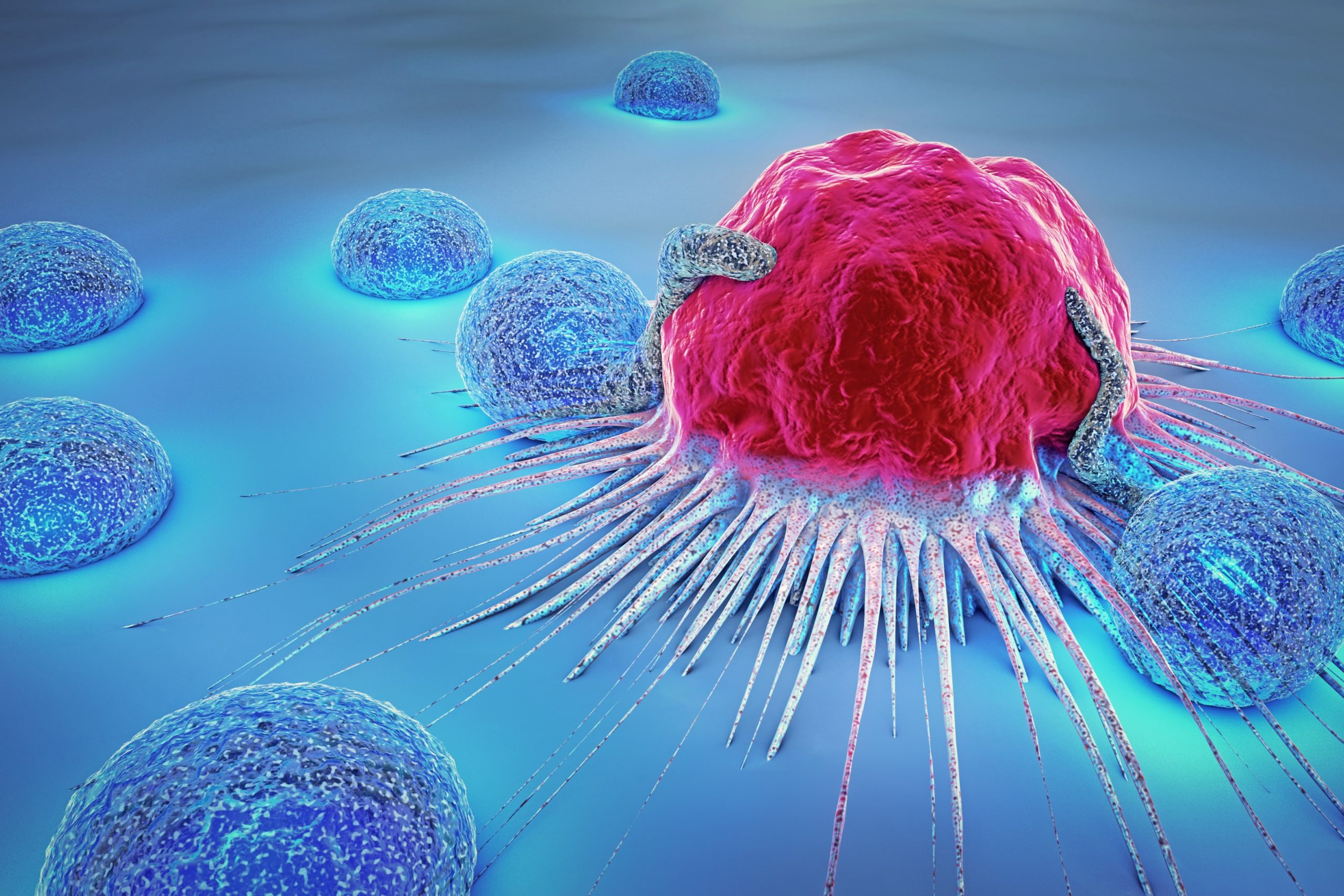RABL3 New Rare Gene Mutation Discovered

RABL3 Inherited Pancreatic Cancer Risk Mutation Identified
Original Source
Dana-Farber Cancer Institute
Modified For Style and Length
This article originally appeared at the Dana-Farber Cancer Institute
Scientists at the Dana-Farber Cancer Institute have found the rare “RBL.3” Gene Mutation which raises the predisposition risk of getting pancreatic cancer in addition to other malignancies.
Scientists studying a highly cancer-prone family have identified the rare RABL3 inherited gene mutation that dramatically raises the lifetime risk of pancreatic cancer as well as other cancers.
If so, their relatives cold be screened to detect pancreatic cancer at an earlier stage when it is potentially more treatable. “There is evidence that catching pancreatic cancer early through screening of high-risk individuals may improve patient out comes,”said Sahar Nissim, MD, PhD, a cancer geneticist and gastroenterologist at Dana-Garber Institute and Brigham and Women’s Hospital, and first author of the study.
In addition, their relatives could choose to also be tested to learn if they also may carry the RABlL3 mutation,” said Senior author of the report, Wolfram, MD, PhD, and Chief of Gastroenterology at the Massachusetts General Hospital.
Almost 10% of pancreatic cancers have a familial pattern, and in most cases the causative genetic
is not known, although many types of gene mutations that have a link to pancreatic cancer have been identified. One inherited gene mutation that can predispose individuals to pancreatic cancer
occurs in the BRCA2 gene mutation which also can also cause some breast and ovarian cancers.
Pancreatic cancer is a challenging disease with limited treatment options. Familial pancreatic cancer, in which an inherited genetic mutation is responsible for multiple cases in a single family, may give precious insights that open new preventative and treatment options for pancreatic cancer.
The RABL3 mutation was pinpointed when scientists studied a family in which there were 5 relatives with pancreatic cancer and multiple family members with other cancers. That pattern suggested an inherited mutation causing predisposition to developing cancer.
The analysis included sequencing the DNA of one family member. who developed pancreatic cancer at age 48, and that of her paternal uncle, who was diagnosed with pancreatic cancer at age 80. The RABL3 mutation was also found in several other family members who had developed cancer and in one family member who has not been diagnosed with cancer.
Confirming that a new genetic mutation causes cancer by epidemiological approaches often requires many years for similar families around the world. Therefore, the scientists turned to the Zebrafish Model.
Specifically, the researchers said the RABL3 mutation accelerates the movement of a known pancreatic cancer protein, “KRAS”, within the cell. This alteration facilitates the placement of KRAS in the cell membrane and triggers a series of events that promote cancerous growth.
Because KRAS activity is altered in a majority of pancreatic cancers, continued study of the RABL3 mutation’s impact on KRAS activity could provide important insights about pancreatic cancer development as well as a new strategy for targeted therapy.
The researchers emphasized that the RABL3 mutation is rare in the general population but said that testing for it –and potentially other mutations in the RABL3 gene–may reveal the genetic predisposition in other families with an unsolved hereditary cancer syndrome. Identifying a mutation in these families would help guide which relatives should consider pancreatic cancer screening.
Availability of Commercial Testing of RABL3 Mutation
Presently (12/2021), there is no commercial genetic testing panels for the RABL3 gene mutation. When commercial testing for the RABL3 mutation does become available, it is highly recommended for members of a family with a strong history of pancreatic cancer. If a test becomes available and such test is positive, surveillance programs can be implemented.
Other Sources of Related Information
Inherited Gene Mutations Linked To Pancreatic Cancer
RABL3 Mutations Associated With Hereditary Pancreatic Cancer
